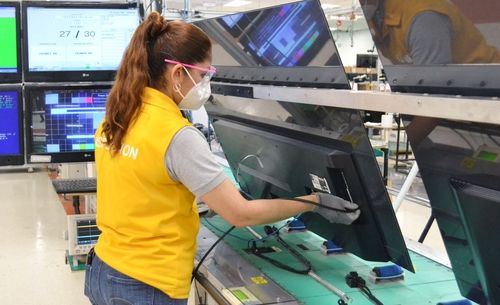The Mexican economy is classified as upper-middle income globally and some of its pros and cons are as follows, according to Goldman Sachs Trust.
Since the period of economic turmoil surrounding the 1994 peso devaluation, which triggered the worst recession in more than 50 years, Mexico has experienced a period of general economic recovery.
However, economic and social concerns persist regarding low real wages, underemployment of a large segment of the population, unequal income distribution and few opportunities for advancement for the large impoverished population in the southern states.
Mexico also has a history of high inflation and substantial peso devaluations, resulting in currency instabilities.
These economic and political problems have caused volatility in the Mexican stock markets.
Mexico’s free market economy contains a mix of modern and old-fashioned industry and agriculture, increasingly dominated by the private sector.
Mexican Economy
Recent administrations have initiated a process of privatization of certain entities and industries, including seaports, railroads, telecommunications, electricity generation, natural gas distribution and airports.
In some cases, however, newly privatized entities have suffered losses due to an inability to adapt quickly to a competitive environment or to changing regulatory and legal standards.
The Mexican economy is highly dependent on trade and foreign investment from the United States and Canada, which are Mexico’s principal trading partners.
Any change in the supply, demand, price or other economic components of Mexico’s imports or exports, as well as any reduction in foreign investment or changes in the U.S. or Canadian economies, may have an adverse impact on the Mexican economy.
In addition to receiving ample foreign exchange earnings, the Mexican economy has a strong tourism sector and has ample natural resources.
In particular, Mexico’s tax revenues are highly dependent on oil exports and susceptible to oil price fluctuations.
Trade Agreements
Mexico has an extensive network of trade agreements and a strong industrial export sector, especially in manufacturing, and is integrated into global value chains.
But Mexico is subject to social and political instability as a result of a recent increase in criminal activity, including violent crimes and terrorist actions committed by certain political and drug trafficking organizations.
Corruption remains widespread in Mexican institutions and infrastructure is underdeveloped.
Historically, Mexico has been prone to natural disasters such as tsunamis, volcanoes, hurricanes and destructive earthquakes, which can negatively affect its economy.

